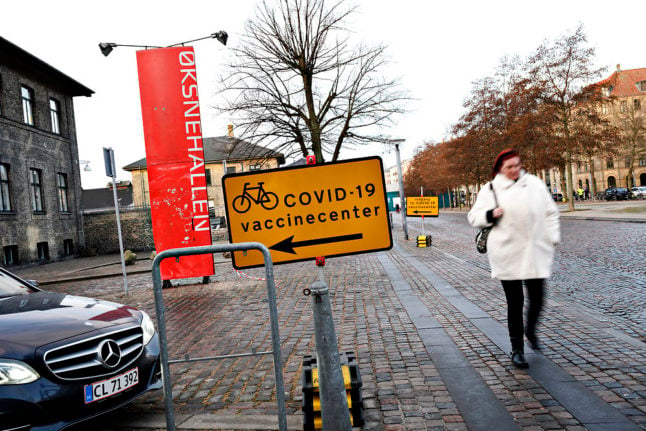The news comes after Johnson & Johnson said it would delay its European rollout, a major hit for the continent’s beleaguered immunisation campaign as several countries battle rising caseloads.
READ ALSO:
- Denmark withdraws AstraZeneca from Covid-19 vaccination programme
- European countries face slower vaccination as Johnson & Johnson delays rollout
The vaccine setbacks threaten to dampen hopes that immunisations will allow countries to emerge from the pandemic that has now killed close to three million people and ravaged the global economy.
But it was not all bad news in Europe, which will soon receive 50 million doses of the BioNTech/Pfizer vaccine initially expected at the end of this year.
The doses will now be delivered in the second quarter of this year, and will start arriving as soon as this month.
In Denmark, that will mean an additional 650,000 doses of the Pfizer vaccine will be sent to the country in the second quarter of 2021, somewhat softening the blow of delays caused by the suspensions of the other vaccines.
Just over 1 percent of the expedited Pfizer vaccines will be sent to Denmark. Distribution is calculated in proportion to population size.
The earlier supply of Pfizer is “crucial for the vaccine rollout taking place in Denmark in these weeks and months”, health minister Magnus Heunicke wrote on Twitter.
🇩🇰 får ca 650.000 ekstra vacciner fra Pfizer/BioNTech i Q2. EU har indgået aftale med Pfizer om at fremrykke levering af 50 mio vacciner til EU fra Q4 til Q2. De vil blive fordel efter pro rata. Helt afgørende for den vaccineudrulning der sker i Danmark i disse uger og måneder 💪🏼
— Magnus Heunicke (@Heunicke) April 14, 2021
EU Commission chief Ursula von der Leyen said “there are still many factors that can disrupt the planned delivery schedules of vaccines”, referring to the J&J delay.
“It is therefore important to act swiftly, anticipate and adjust whenever it is possible.”
More than 820 million doses of vaccine have now been administered globally, but with demand far outstripping supply, countries are scrambling to secure much-needed jabs.
Johnson & Johnson said it would put off its European deliveries over reports of rare blood clots among people who had received the shot.
US health regulators also recommended pausing its use after six reported cases of clots — among more than 6.8 million J&J doses administered in the US.
The European Medicines Agency (EMA) said Wednesday it would make a recommendation on the safety of the J&J jab next week after evaluating clot links.
AstraZeneca has faced similar setbacks, with many countries now limiting its use to older people following isolated cases blood clots among younger populations, some fatal.
Denmark said Wednesday it would stop using it altogether — a European first — despite assurances from the EMA and the World Health Organization that side effects far outweigh possible risks.
Europe passed a million Covid deaths this week, with many countries from France to Italy and Spain still facing some form of virus restrictions after the continent’s sputtering vaccine rollout.
But in Belgium, cafes and restaurants got the greenlight to open their terraces from May 8th after a slight easing of cases there. Swiss officials also announced that bars and restaurants and some leisure facilities could reopen next Monday.



 Please whitelist us to continue reading.
Please whitelist us to continue reading.
Member comments